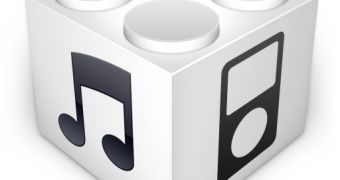In addition to verbally testifying on the burning LocationGate issue, Apple worked up a formal letter for the Honorable Edward J. Markey of the United States House of Representatives, in which the iPhone maker outlines the new ways in which iOS handles location data following the May 4 iOS 4.3.3 software update.
After reiterating its stance that Apple does not track customers, nor does it share customer information with third parties, the company made sure it had properly outlined the differences in the iOS behavior after the user installs iOS 4.3.3.
“As discussed above, Apple released an iOS Software Update,” reads the formal letter (PDF) addressed to the United States House of Representatives.
The Cupertino tech giant then proceeds to outline what happens “After a customer installs this software update on an iOS device.” The wording, exactly as provided in the letter, has been reproduced below:
• if Location Services is off, Apple will not download any crowd-sourced Wi-Fi hotspot and cell tower location information to the device, regardless of whether a specific application requests that information; • iOS will delete from consolidated.db any cached location information described above – even if Location Services is on; • iOS will store cached location information, as described above, in cache.db only if Location Services is on and will delete any such cached location information from cache.db if Location Services is turned off; • iOS will purge from cache.db crowd-sourced Wi-Fi hotspot and cell tower location information records that are older than seven days; and • iTunes will not back up cache.db.
Apple also said that, although not encrypted, the local cache is protected with iOS security features.
However, beginning with the next major release of iOS, the operating system will encrypt any local cache of the hotspot and cell tower location information, Apple said.

 14 DAY TRIAL //
14 DAY TRIAL //